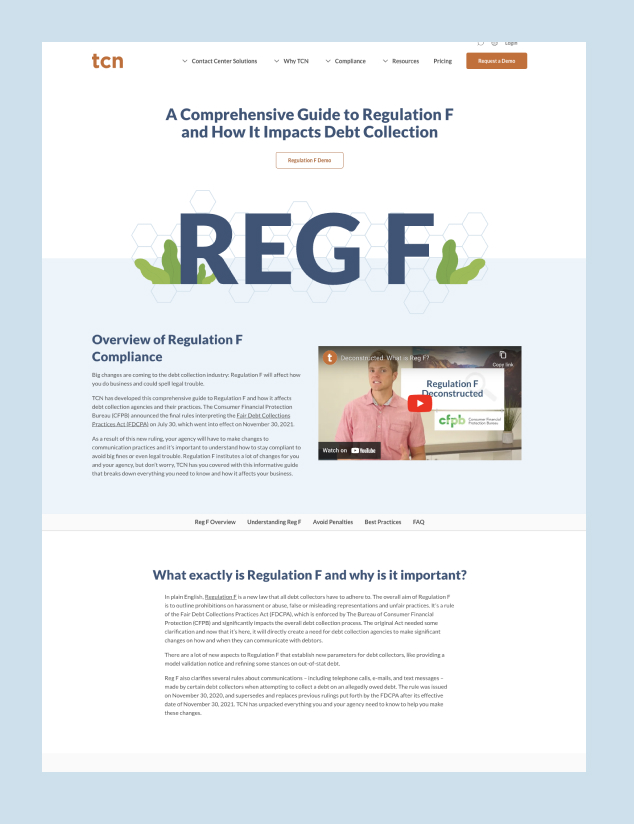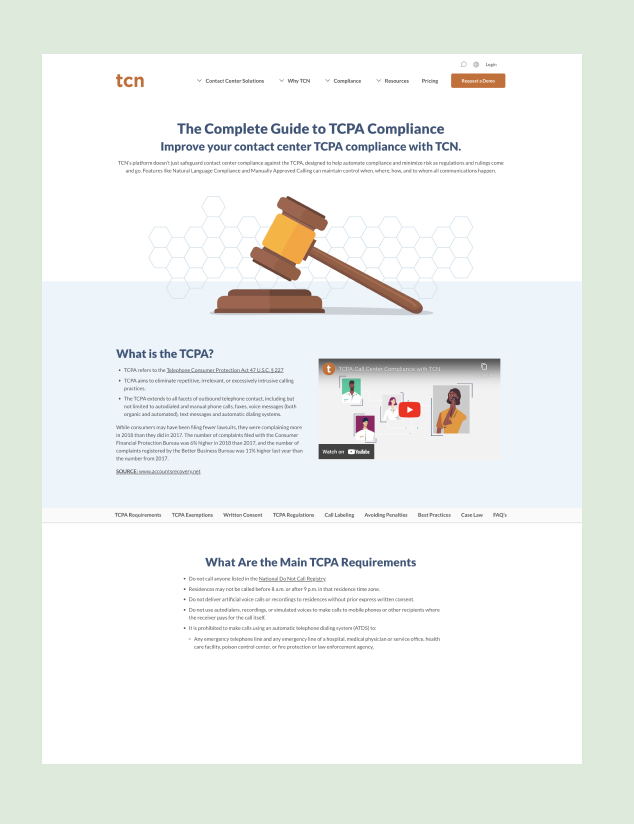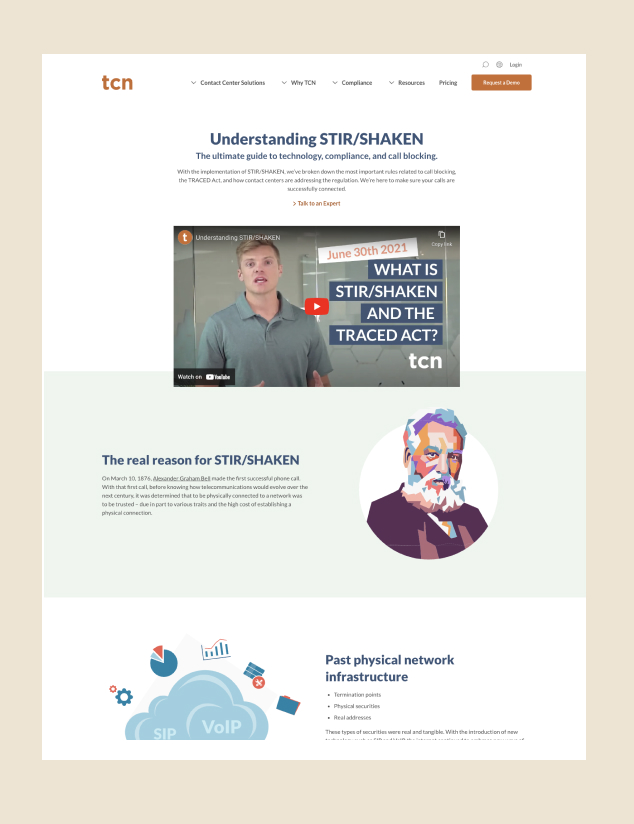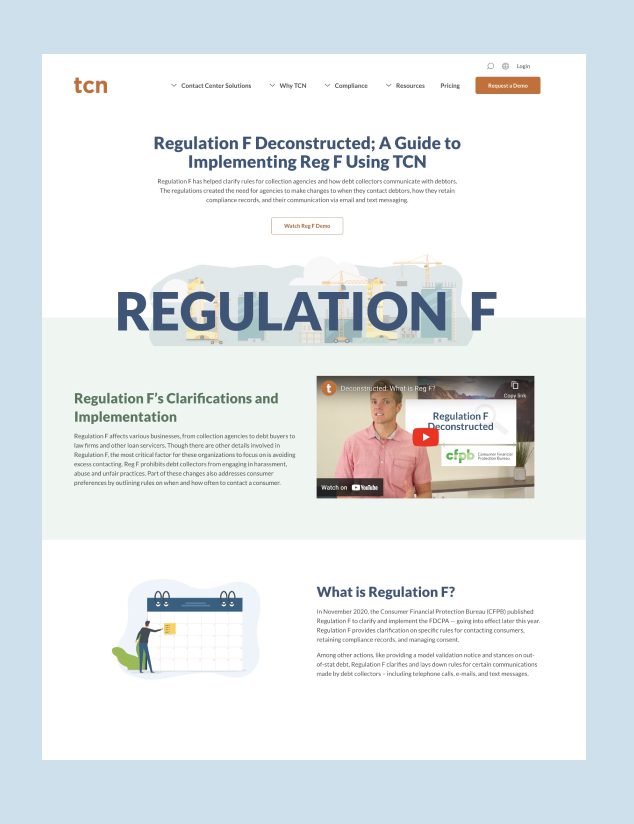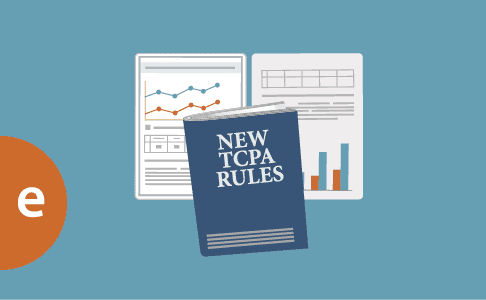Compliance Center
In today’s complex regulatory environment, contact centers face increasing pressure to meet a wide range of compliance requirements that protect customer privacy, ensure ethical communication and prevent legal risks and potential problems. Maintaining compliance in your contact center is essential to safeguarding your business and building customer trust. TCN offers this compliance center to serve as the foundation to help your contact center implement best practices and ensure that you adhere to all relevant laws. Stay informed with the latest in contact center compliance by exploring TCN’s latest blogs for up-to-date insights and expert guidance.
Compliance guides
Contact center compliance guides serve as essential resources to help organizations understand these regulations and implement strategies that ensure legal adherence while enhancing customer trust. These comprehensive guides will walk you through the key components of contact center compliance, offering insights into best practices, common challenges and the tools needed to protect your business at all costs.
The price of TCPA penalties
Every year, major companies waste substantial amounts of money on avoidable compliance penalties. These risks are a constant threat to contact centers worldwide. Curious about the financial impact of a TCPA violation? This infographic breaks it down for you.
Take a look at the seven costliest mistakes of TCPA non-compliance and learn about strategies to avoid facing the same fines. Stay informed and protect your business from unnecessary expenses by understanding the true cost of TCPA penalties.
Download InfographicTCPA
Navigating the Telephone Consumer Protection Act (TCPA) is a critical aspect of running a compliant and customer-friendly contact center. Understanding and adhering to TCPA regulations is crucial, as non-compliance can result in hefty fines, legal challenges and damage to a company’s reputation. Here is an in-depth look at all things TCPA, including its key provisions, the types of communications it regulates and actionable steps your contact center can take to remain compliant while maintaining effective customer engagement.
View All Posts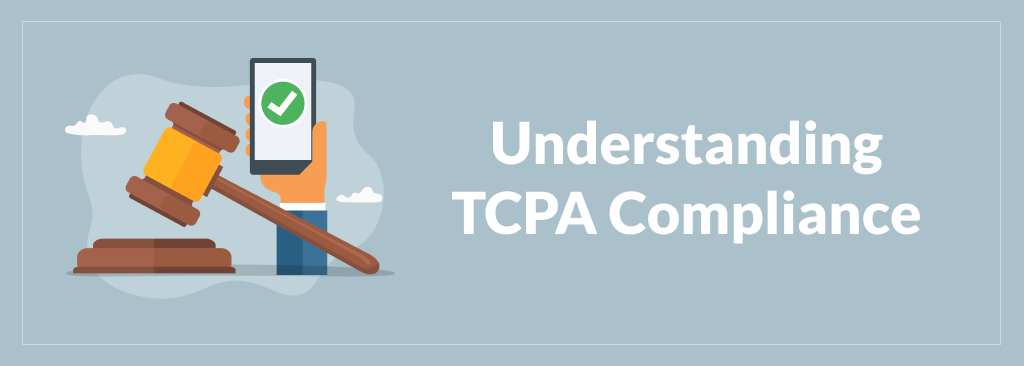
Understanding the Impact of TCPA Regulations on Contact Center Operations
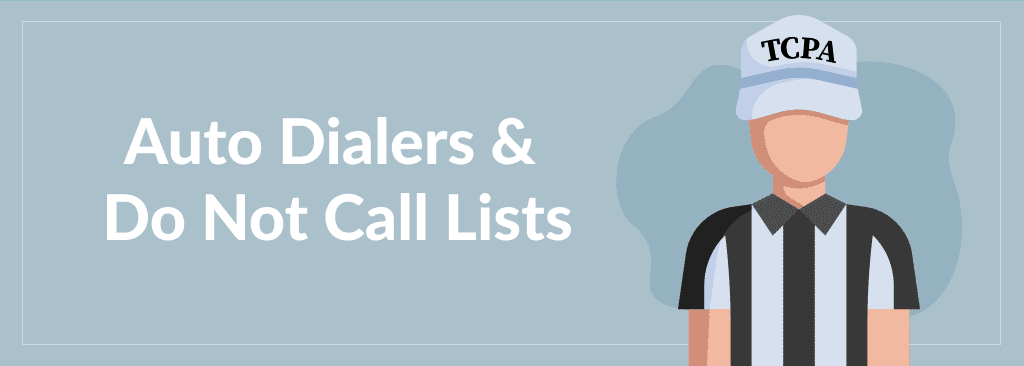
Understanding Auto Dialers and Do Not Call Lists in TCPA Compliance
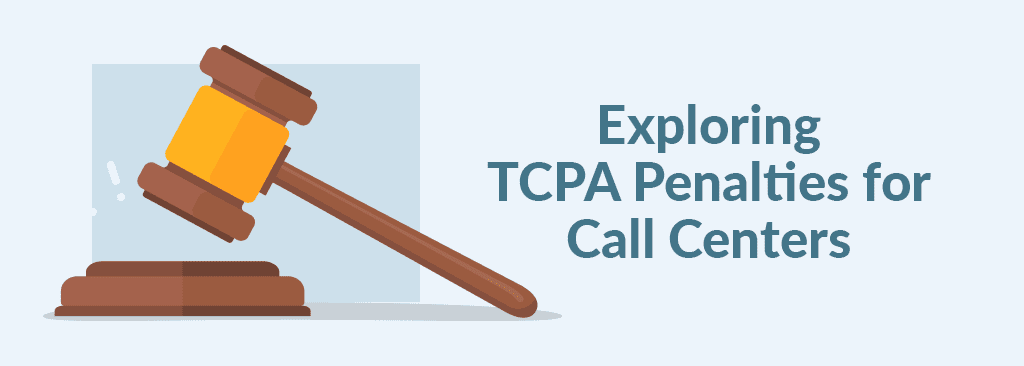
The Cost of Noncompliance: Exploring TCPA Penalties for Call Centers
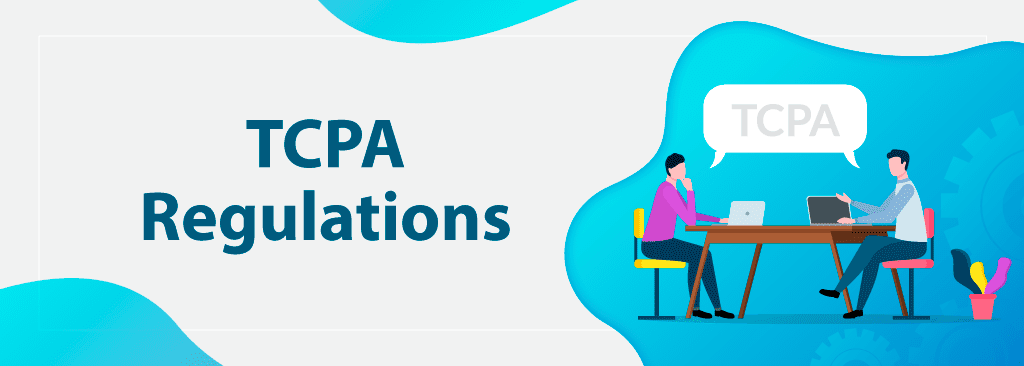
Understanding TCPA Regulations

TCPA Penalties That Will Make You Triple Check Your Call Center Compliance
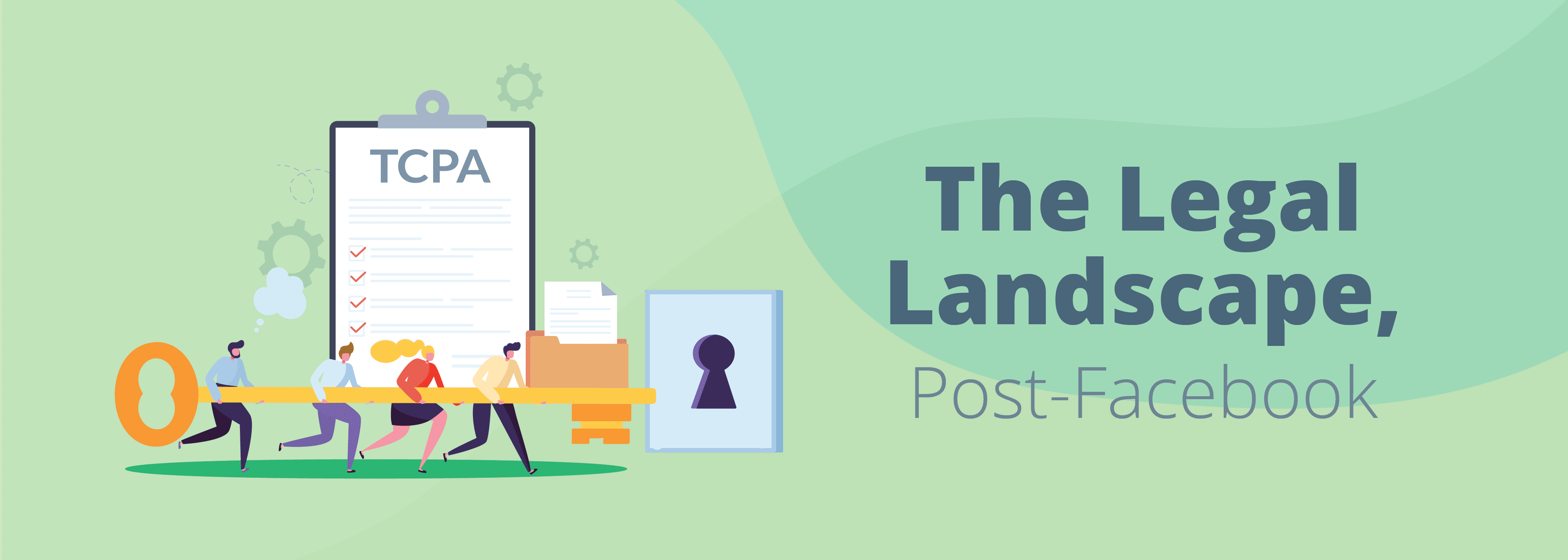
Assessing the TCPA Legal Landscape, Post-Facebook
STIR/SHAKEN
STIR/SHAKEN is a critical framework designed to combat the growing problem of illegal robocalls and caller ID spoofing, ensuring greater trust and transparency in contact center communications. For contact centers, adopting STIR/SHAKEN is essential not only for regulatory compliance but also to maintain customer trust and avoid having legitimate calls blocked or flagged as spam. Here you will find resources to better understand STIR/SHAKEN protocols, their importance to contact center operations and how to implement them effectively to ensure secure and trustworthy customer interactions.
View All Posts
The Role of STIR/SHAKEN in Call Center Fraud Prevention
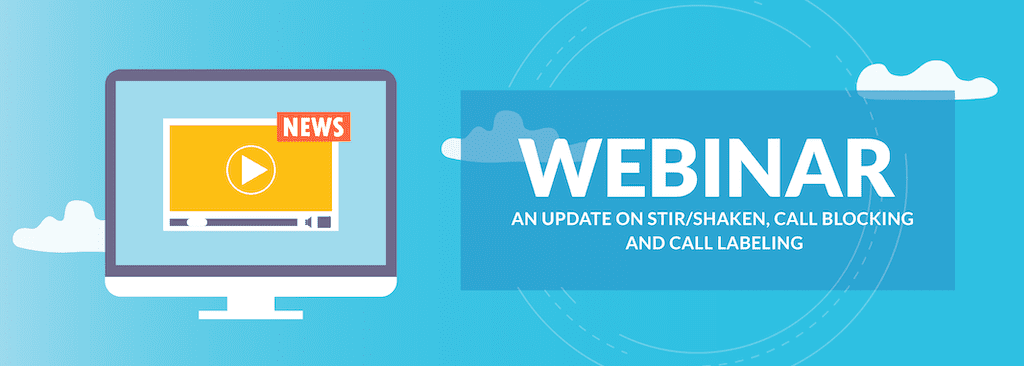
Webinar: An Update on STIR/SHAKEN, Call Blocking, and Call Labeling

FCC Robocall Report and an Update on STIR/SHAKEN
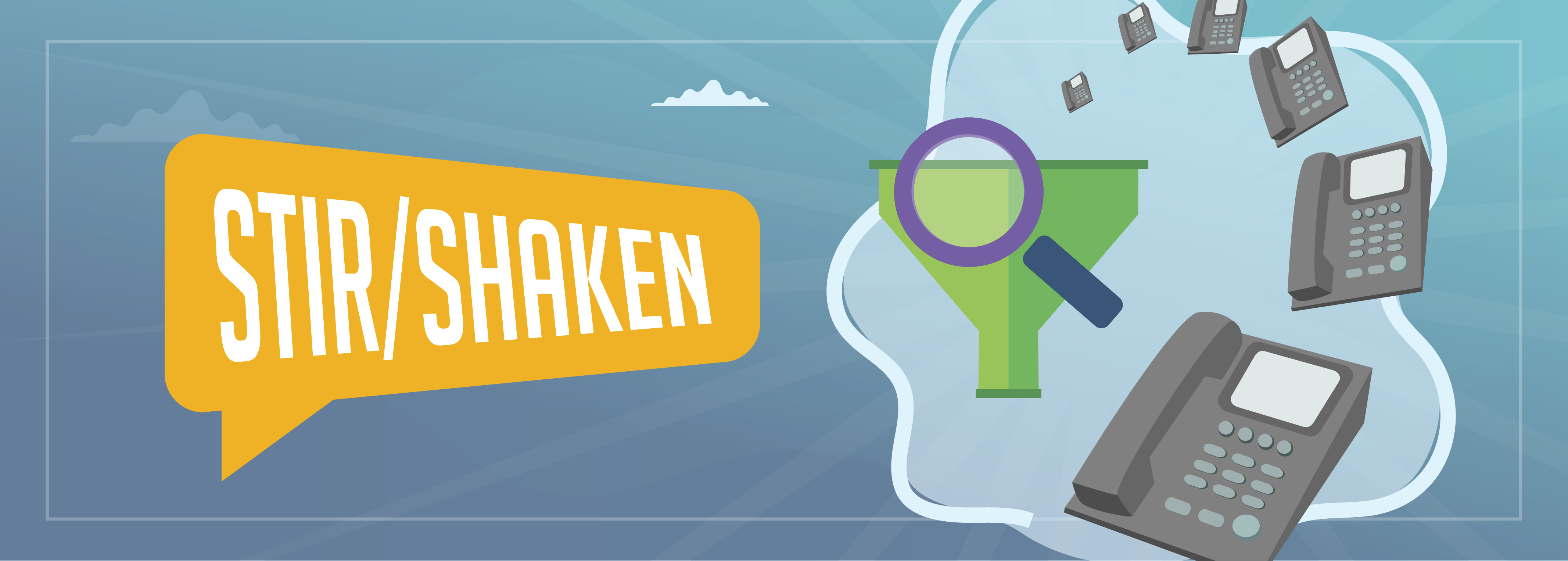
STIR/SHAKEN: What Your Call Center Needs to Know Before the June 30 Deadline

STIR/SHAKEN: Where Do We Go Next?

Q&A: STIR/SHAKEN Technology
Stay compliant with the latest changes
With Regulation F now in effect, collection agencies must adjust their communication practices to avoid significant fines and legal issues. This regulation has brought many changes to the collections industry, but TCN provides a comprehensive summary of these details, highlighting the key updates to the FDCPA and their impact on call center collections.
TCN’s eBook simplifies the Reg F debt collection rules issued by the CFPB, making it easy to understand and implement. Ensure your contact center is compliant by downloading the eBook and learning about important rules such as:
- 7 Calls in 7 Days
- Limited-Content Messages
- Retaining Compliance Records
- Email and Text Messaging
Stay informed and keep your operations on track with our detailed guide.
Download NowRegulation F
Regulation F, a rule established by the Consumer Financial Protection Bureau (CFPB), significantly impacts the way contact centers in the debt collection industry operate. Designed to protect consumers from unfair, deceptive or abusive practices, Regulation F outlines strict guidelines for communication frequency, consent and transparency when collecting debts. Explore the key requirements of Regulation F, provide compliance strategies and offer best practices for balancing regulatory adherence with effective customer communication in the debt collection process.
View All Posts
Recap of Regulation F
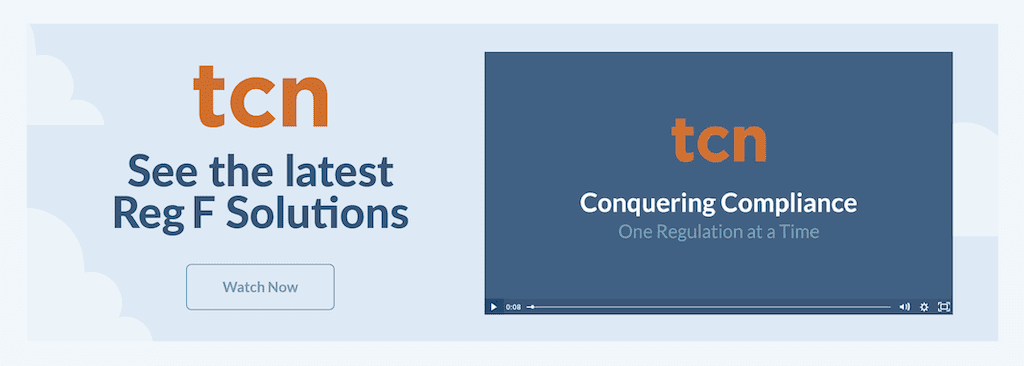
Regulation F Compliance with Natural Language Compliance

Call Centers, Get Your Numbers Registered. Lives Depend on It.
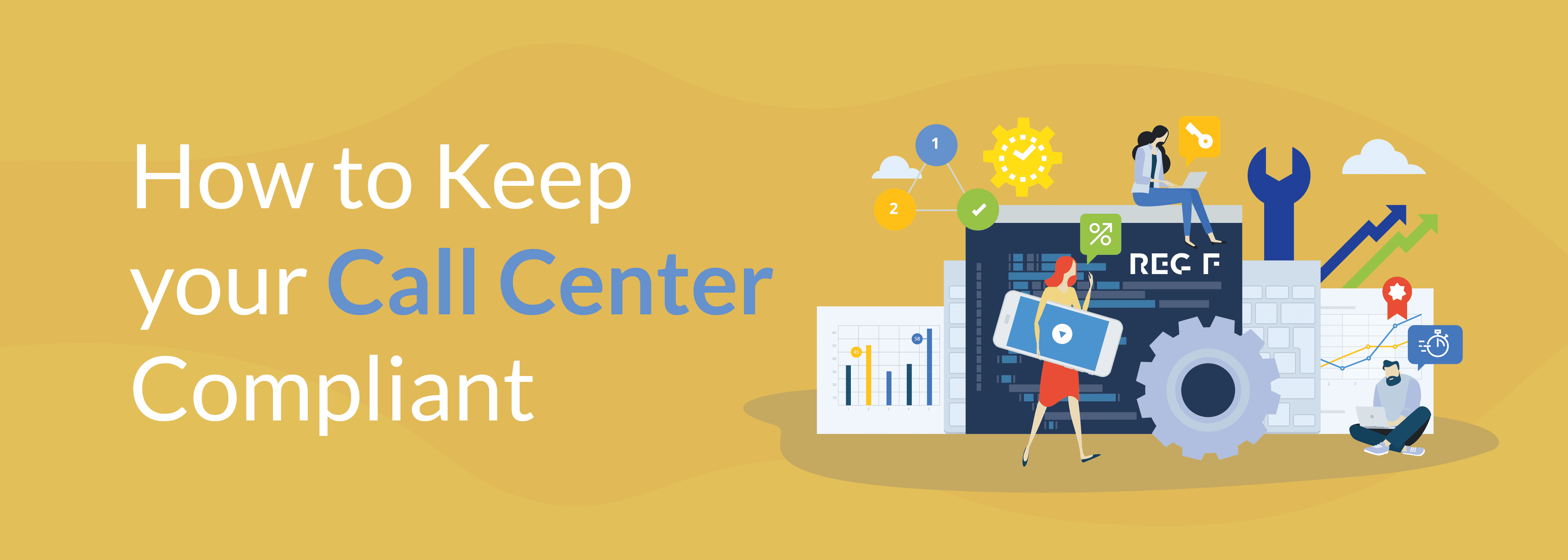
Reg F: How to Keep Your Call Center Compliance in Check
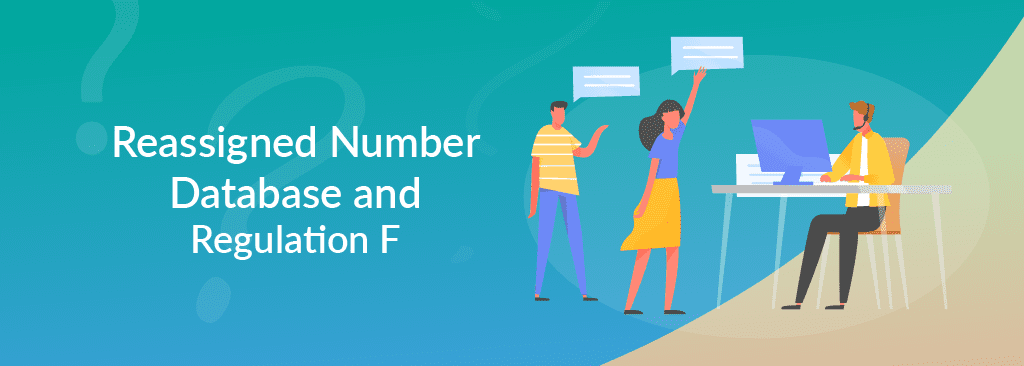
Reassigned Number Database and Regulation F: Everything You Need to Know

How to Update Training Practices and Materials to Address Regulation F
CFPB — How to build an operation tailored to collect under the CFPB’s rule
With the new rules under Regulation F from the Consumer Financial Protection Bureau, collection agencies are now left wondering how to continue operations while staying compliant. One of the best ways to do so is by having a complete understanding of the new sections and rules. Get advice from a panel of experts about how to prepare and handle the aspects of the rule that are keeping you awake at night.
Watch NowCFPB
The Consumer Financial Protection Bureau (CFPB) plays a pivotal role in regulating contact centers, especially those involved in debt collection and financial services. Contact centers must adhere to strict CFPB guidelines to avoid legal repercussions and maintain positive customer relationships. Understand CFPB’s key regulations, including how they impact contact centers, compliance strategies and best practices to ensure your business meets the bureau’s standards while providing a seamless customer experience.
View All Resources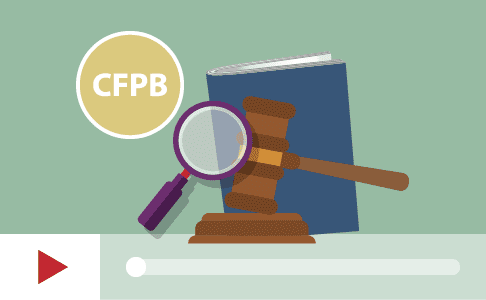
CFPB – Areas of the Debt Collection Rule That Plaintiff’s Attorneys Will Focus On
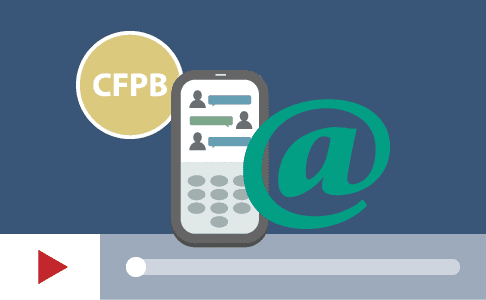
CFPB – Debt Collection Rule’s Provisions for Texting and Emailing
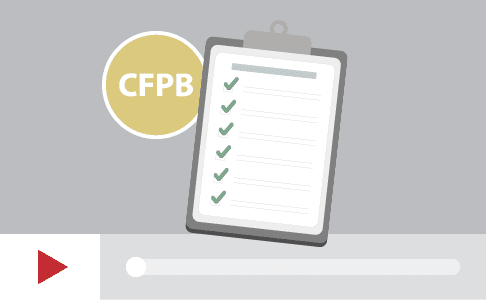
CFPB – The 10 Things You Should Be Doing to Get Ready for the New CFPB Rule
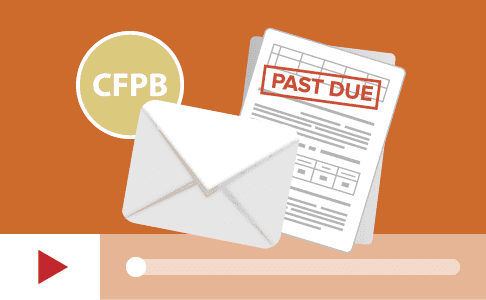
CFPB – Validation Notices and How they will Change Collection Letters
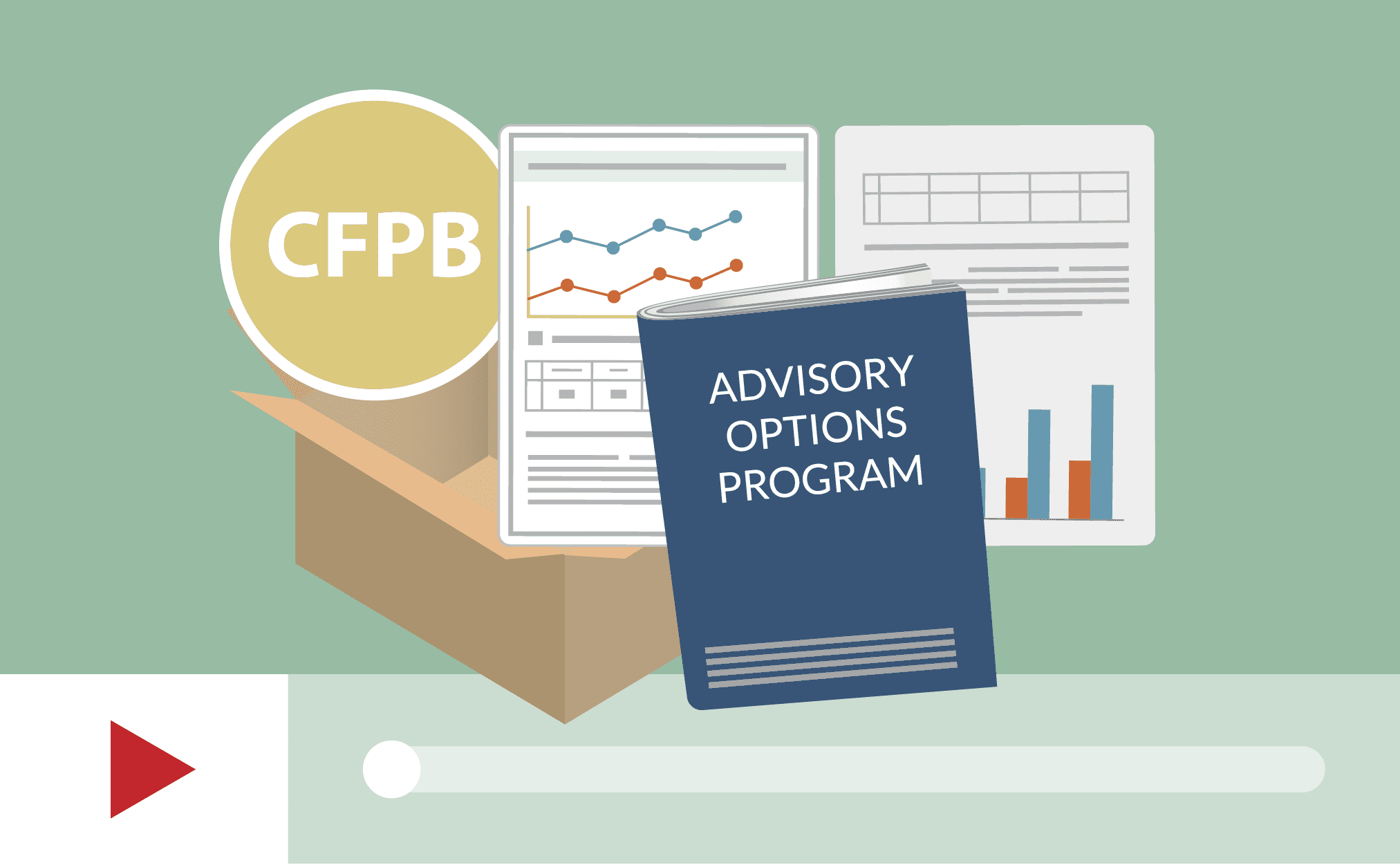
CFPB: Advisory Opinions Program

CFPB: Communication Caps and Call Frequency Limits
Compliance eBooks
These compliance e-books equip contact center leaders with the knowledge and strategies needed to stay up-to-date with the latest regulatory requirements while implementing best practices for ethical customer communication within their contact center. Explore how contact center compliance e-books can empower your team to navigate the regulatory environment with confidence and ensure full compliance across all customer interactions.
Frequently Asked Questions
How do I manage compliance when the government keeps moving the goalposts?
Managing compliance when government regulations are constantly changing can be challenging, but there are strategies to ensure your contact center remains compliant. A few top things to consider are:
- Stay informed on what those changes are and stay connected to resources
- Establish a compliance team
- Conduct audits regularly to ensure compliance on everything from voice recordings to data management
- Stay proactive and flexible
- Use a compliance management software like TCN’s Natural Language Compliance for compliance management
- Train agents and managers regularly on latest compliance changes
Keep in mind that compliance is an ongoing process that requires commitment and continuous improvement.
Is my call center compliance platform flexible enough to adapt quickly?
A platform that scales and adapts quickly is crucial to managing call center compliance. In addition, having the ability to conduct audits is a plus, as well as considering what type of vendor support is offered and if the platform offers real-time compliance updates.
What about STIR/SHAKEN compliance?
TCN has implemented STIR/SHAKEN protocols with carriers, and clients can take advantage of TCN’s full attestation protocols that can help verify your business phone numbers while reducing compliance stress. With TCN, you can restore trust and protect your business from being improperly classified as fraud or scam by registering your phone numbers. With the ultimate guide to understanding STIR/SHAKEN, you can learn about the most important rules
What is Regulation F?
Reg F is a new law that all debt collectors have to adhere to. The overall aim of Regulation F is to outline prohibitions on harassment or abuse, false or misleading representations, and unfair practices. It’s a rule of the Fair Debt Collections Practices Act (FDCPA), which is enforced by The Bureau of Consumer Financial Protection (CFPB) and significantly impacts the overall debt collection process.
Who does Regulation F apply to?
- Regulation F applies to collection agencies, debt collectors, debt buyers, collection law firms, and loan servicers.
- Creditors collecting on debts they originally owned do not qualify as debt collectors unless they enlist the aid of a debt collector or use a name other than their own.
What is the CFPB and how does it relate to debt collectors?
- For over 30 years, the FDCPA was solely enforced by the FTC when the Dodd-Frank Act established the Consumer Financial Protection Bureau (CFPB) in 2010. Now, the FDCPA is upheld by both the FTC and CFPB through the issuing and implementation of substantive rules.
- The CFPB is adopting this final rule, Regulation F, to clarify the debt collection communication regulations and how they apply with new technology. Regulation F was published by the CFPB to supersede and replace the FDCPA.
How can I stay up-to-date with CFPB’s latest rules changes?
Be sure to download your copy of our comprehensive ebook on CFPB’s latest rules.
